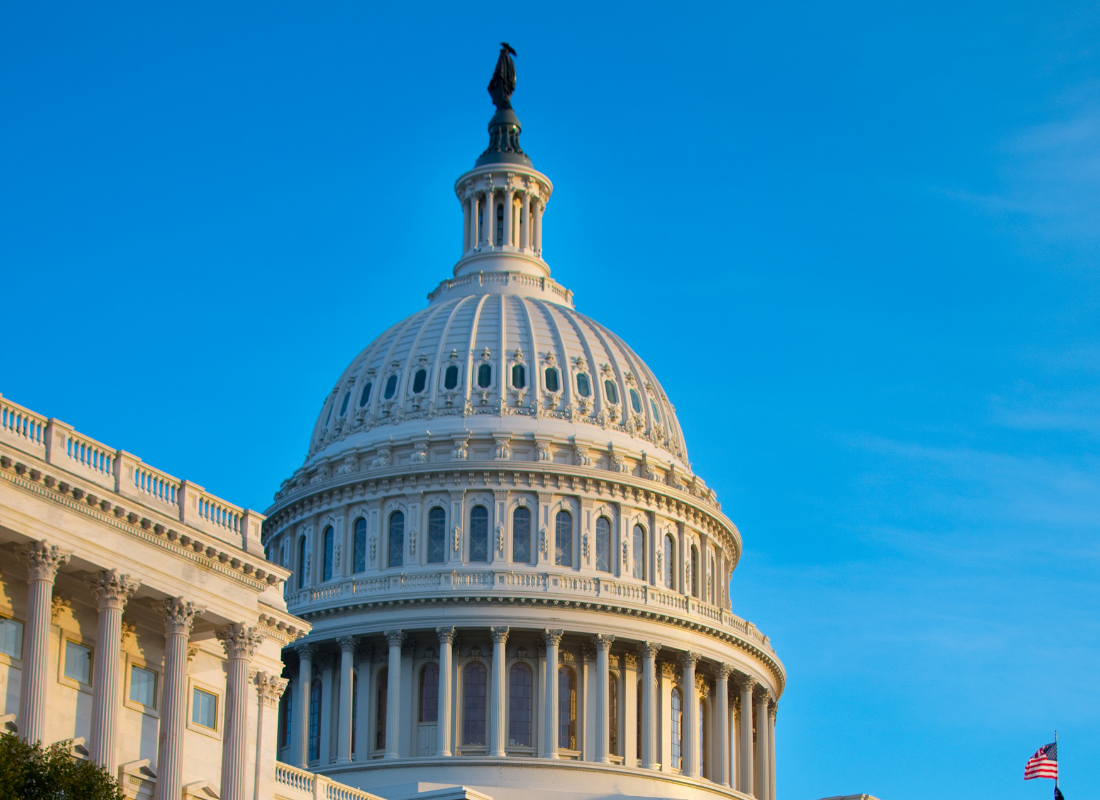Want more like this?
Sign up today to get free articles, webinars, whitepapers, yearly guides and more delivered to your inbox.
New Law Means Changes to Florida Local Government Impact Fees
Originally published on June 3, 2021
Updated on February 6th, 2024
Impact fees have long been a contentious topic in Florida, and this year is no different. On June 4, 2021, the Florida Governor Ron DeSantis signed HB 337, which brings sweeping changes to the ways in which local governments spend and account for these funds.
What’s changing?
Definitions
The bill includes several changes to the current impact fee structure. The first is the introduction of definitions for the terms infrastructure and public facilities.
Infrastructure is defined as:
- A fixed capital expenditure or fixed capital outlay associated with the construction, reconstruction or improvement of public facilities that have a life expectancy of at least five years
- Related land acquisition, land improvement, design, engineering, and permitting costs
- Other related construction costs required to bring the public facility into service
- Includes public safety vehicles and school busses
Public facilities are defined in §163.3164, Fla. Stat. (2021) and include major capital improvements. Examples include transportation, sanitary sewer, solid waste, drainage, potable water, educational, parks, and recreational facilities. It also expressly includes emergency medical, fire, and law enforcement facilities.
Impact Fee Increases
The bill creates a cap on the amount local governments can increase impact fees. This cap limits the increase to no more than 12.5% in a given year and no more than 50% over a four-year period. Increases of more than 12.5% but less than 25% must be phased in equally over two years. If the total increase is 25% or more, a four-year phase in is required.
Local governments will only be able to issue an impact fee once every four years. Governments are also prohibited from increasing impact fees retroactively for a previous or current fiscal or calendar year. This cap would take effect immediately when signed by the governor and be retroactive to Jan. 1, 2021.
Should a local government wish to increase an impact fee without the phase-in structure noted above, it must provide a calculation of how it arrived at the need for the amount based on “the most recent and localized data,” including an accounting of how previous impact fee revenues were utilized. It will also need to hold at least two publicly-noticed workshops dedicated to the extraordinary circumstances necessitating exceptions to the phase-in limitations.
Impact Fee Credits
Local governments and special districts will be required to credit developers or builders on a dollar-for-dollar basis when they contribute toward public facilities or infrastructure. For example, a real estate developer provides land so a county can widen a road. Under the new law, the county must provide the developer a credit equal to the fair market value of the land to help offset impact fees. These credits must be made regardless of any provision in any other locally instituted ordinance or other governing resolution.
Accounting for Impact Fees
Most attention thus far has been given to provisions that govern the creation and increase of impact fees. However, several provisions of the bill also address the accounting treatment of impact fees. Most significantly, it requires that impact fees be split out into their own accounting fund. Additionally, local governments must limit administrative charges for the collection of impact fees to actual costs.
Financial Statement Audits
Lastly, the bill removes the current CFO affidavit language that the government complied with §218.39, Fla. Stat. (2020). The replacement language attests that:
- All impact fees were collected and expended in compliance with the statute;
- The reporting entity complied with the spending period provision in the local ordinance or resolution; and,
- The funds were expended for only the uses allowed under the statute.
This affidavit will still need to be submitted with the local government’s audited financial statements.
What’s next?
The Revenue Estimating Conference, on March 12, 2021, determined the bill would have a negative indeterminate impact on local government revenues in an already challenging economic landscape. For this and other reasons, we encourage you to reach out to your government CPAs with any concerns.
All content provided in this article is for informational purposes only. Matters discussed in this article are subject to change. For up-to-date information on this subject please contact a James Moore professional. James Moore will not be held responsible for any claim, loss, damage or inconvenience caused as a result of any information within these pages or any information accessed through this site.
Other Posts You Might Like

